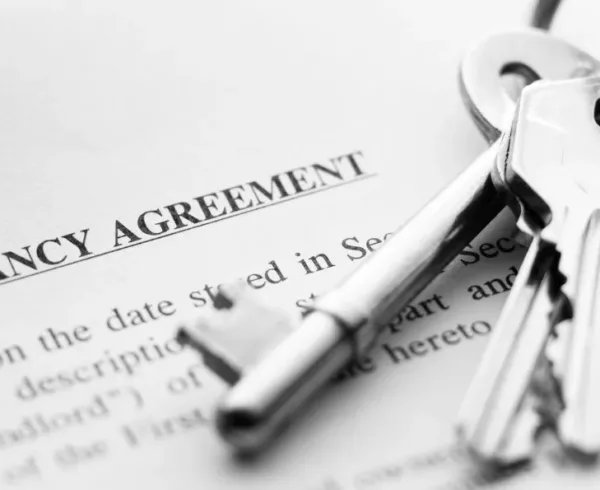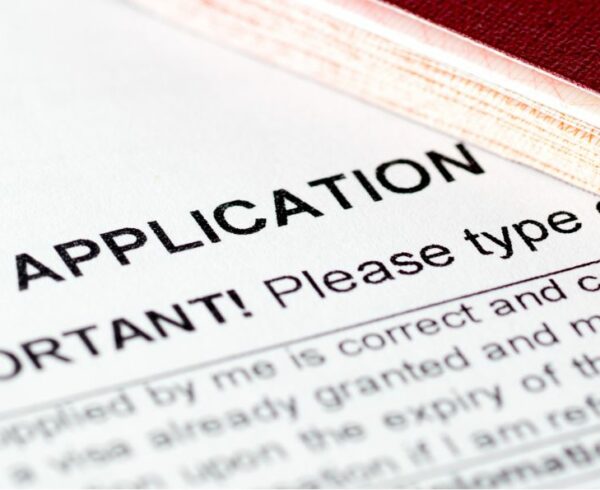CEL Solicitors recently recovered £2,000 for a client whose landlord did not protect their tenancy deposit.
Our client, who rented a property in London, entered into a tenancy agreement in July 2022, paying a £500 deposit.
Within 30 days of receiving a payment, landlords are legally obliged to protect their tenants’ deposit in one of three government-backed schemes.
If a tenant asks for their deposit back and the landlord refuses, the tenant can take them to court, where the court can order up to three times the amount of the deposit, plus the original deposit back.
In this case, our client’s landlord did not protect their tenancy deposit, breaching their legal obligation. They subsequently contacted CEL Solicitors’ specialist tenancy deposit team and were awarded £2,000, the maximum amount recoverable.
Read more: What to do if your landlord is trying to make deductions from your deposit
Commenting on the case, Trainee Solicitor, Melissa Moulsdale, said:
“The requirement to adequately protect tenancy deposits is not new. These laws came into force in 2007, giving landlords over 16 years to get their affairs in order. There is no excuse for not properly protecting tenants’ deposits, which is why the courts take a dim view of landlords who break the rules. We’re therefore really pleased to get this result for our client.”
Can I make a claim if my landlord has failed to protect my deposit?
If your landlord has failed to protect and return your tenancy deposit, you could be entitled to more than three times the amount of the deposit, plus the initial deposit.
If you began or renewed your tenancy agreement within the last 6 years and you suspect that your tenancy deposit was not properly protected, then you may be able to start a claim – even if you no longer live at the property.













